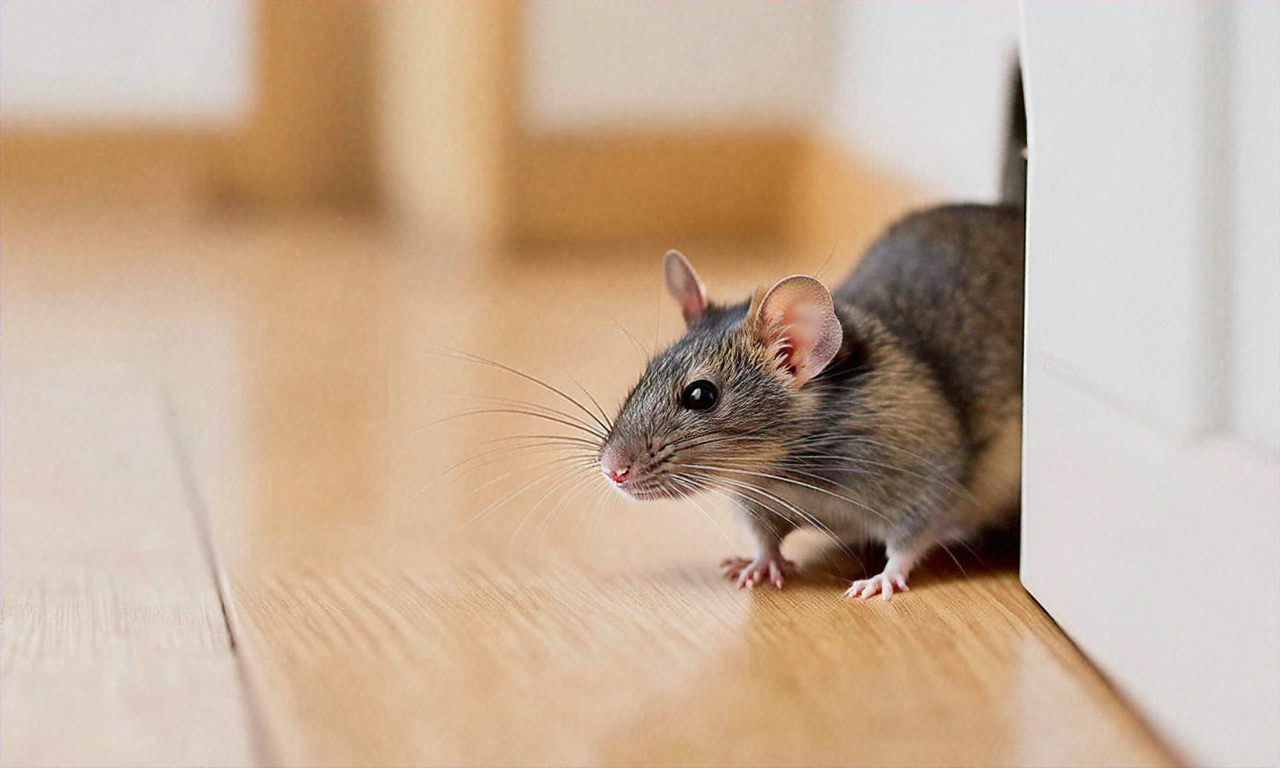Effective Pest Control: Safeguarding Your Home from Unwanted Invaders
Pest control is an essential aspect of maintaining a healthy and comfortable living environment. From tiny insects to larger rodents, pests can cause significant damage to your property, compromise your health, and disrupt your peace of mind. This article explores the importance of pest control, common household pests, and effective strategies to keep your home pest-free.

-
Cockroaches: Known for their resilience, cockroaches can spread diseases and trigger allergies.
-
Rodents: Mice and rats can cause structural damage and pose health risks through their droppings and urine.
-
Termites: These wood-destroying insects can silently cause extensive damage to your home’s structure.
-
Bed bugs: These parasitic insects feed on human blood and can quickly infest bedding, furniture, and clothing.
-
Spiders: While most spiders are harmless, some species can be venomous and pose health risks.
Identifying the specific pests in your home is the first step in developing an effective pest control strategy.
Why is pest control important for your home?
Implementing a comprehensive pest control plan is crucial for several reasons:
-
Health protection: Many pests carry diseases and can contaminate food sources, putting you and your family at risk.
-
Property preservation: Pests like termites and rodents can cause significant structural damage to your home, leading to costly repairs.
-
Comfort and peace of mind: A pest-free home provides a more comfortable living environment and reduces stress associated with infestations.
-
Food safety: Proper pest control helps prevent contamination of stored food and reduces the risk of foodborne illnesses.
-
Allergen reduction: Many pests, such as cockroaches and dust mites, are known allergens that can exacerbate respiratory issues.
By prioritizing pest control, you’re not only protecting your property but also safeguarding the well-being of your household.
What are effective DIY pest control methods?
While severe infestations may require professional intervention, there are several DIY pest control methods you can implement to prevent and manage minor pest problems:
-
Seal entry points: Inspect your home for cracks, gaps, and holes, and seal them to prevent pests from entering.
-
Maintain cleanliness: Regular cleaning, especially in kitchen and bathroom areas, removes food sources and discourages pest activity.
-
Proper food storage: Store food in airtight containers and promptly clean up spills to minimize attractants for pests.
-
Natural repellents: Use essential oils, herbs, or vinegar solutions as natural pest deterrents.
-
Traps and baits: Set up appropriate traps or baits for specific pests, following safety guidelines and local regulations.
-
Declutter: Reduce hiding spots for pests by decluttering and organizing storage areas.
-
Maintain your yard: Trim vegetation away from your home’s exterior and remove standing water to discourage pest habitation.
While these methods can be effective for minor issues, persistent or severe infestations may require professional assistance.
When should you call a professional exterminator?
While DIY methods can be effective for minor pest issues, there are situations where professional pest control services are necessary:
-
Severe infestations: If you’re dealing with a large-scale pest problem that’s beyond your control.
-
Recurring issues: When pests keep returning despite your best efforts to eliminate them.
-
Health risks: If the pests pose significant health risks to you or your family members.
-
Structural damage: When pests are causing damage to your home’s structure or valuable possessions.
-
Specialized treatments: For pests that require specific expertise or specialized equipment to eradicate.
-
Preventive measures: To establish a long-term pest management plan for ongoing protection.
Professional exterminators have the knowledge, experience, and tools to effectively address complex pest problems and provide lasting solutions.
How can you choose the right pest control service?
Selecting a reputable pest control service is crucial for effective and safe pest management. Consider the following factors when choosing an exterminator:
-
Licensing and certification: Ensure the company is properly licensed and certified in your area.
-
Experience and expertise: Look for providers with a proven track record in dealing with your specific pest issues.
-
Methods and products: Inquire about the pest control methods and products they use, preferring eco-friendly options when possible.
-
Guarantees and follow-ups: Choose a company that offers guarantees on their work and provides follow-up services.
-
References and reviews: Check online reviews and ask for references from past clients.
-
Customized solutions: Opt for providers that offer tailored pest control plans based on your specific needs and situation.
| Provider | Services Offered | Key Features/Benefits |
|---|---|---|
| Orkin | Residential and commercial pest control | Customized treatment plans, 30-day money-back guarantee |
| Terminix | General pest control, termite control | Free inspections, nationwide coverage |
| Ehrlich | Pest control, bird control, bioremediation | Eco-friendly options, specialized services |
| Aptive Environmental | Residential pest control | Quarterly service plans, organic product options |
| Rentokil | Commercial and residential pest control | Global expertise, integrated pest management approach |
Prices, rates, or cost estimates mentioned in this article are based on the latest available information but may change over time. Independent research is advised before making financial decisions.
Effective pest control is an ongoing process that requires vigilance, proper prevention techniques, and timely intervention. By understanding common pests, implementing DIY methods, and knowing when to seek professional help, you can maintain a pest-free home environment. Remember that a proactive approach to pest management is key to protecting your property and ensuring the health and comfort of your household.






